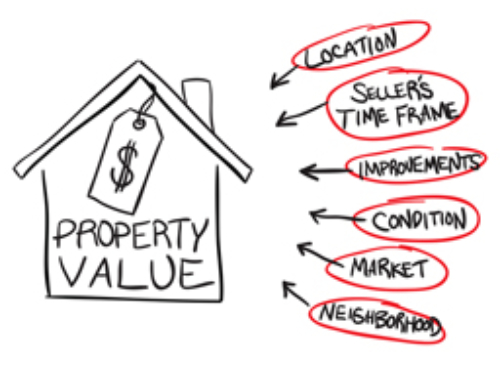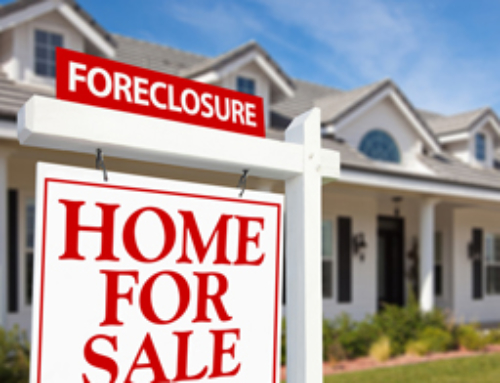 Buying an REO or Foreclosure: What You Can Expect and What Can Kill the Deal
Buying an REO or Foreclosure: What You Can Expect and What Can Kill the Deal
By Ilyce Glink
These days, many homebuyers are turning to foreclosures and taking advantage of the drop in home prices. A foreclosure—or a “real estate owned” (REO) property—is a property that is now owned by a bank.
But be careful, a foreclosure is not always an REO. Property enters into foreclosure when the owner can’t pay the mortgage. The foreclosure becomes an REO (bank-owned property) when the bank or lender repossesses the property.
As with any real estate deal, buying an REO property has its pros and cons. With an REO, you are not dealing with an emotional seller. The bank won’t take offense if you don’t buy the home, offer too little, or walk away from the deal. All you need to remember is that the person at the bank working on your file may also be working on dozens or more like it at the same time.
But if you expect an REO seller to work with you in your quest to buy the home, you’ll be surprised at the banks’ inflexibility. Even if you think you are doing the bank a favor by taking the home out of its portfolio of distressed homes, it will rarely do you favors.
You can ask the bank to make repairs to a home, but it usually won’t. Large banks can, and do, negotiate on price and would prefer that you take care of any repairs. You must factor any necessary repairs into the price you are willing to pay for the home from the start.
You’ll also want to tread carefully if you’re looking at foreclosures and you need financing. In certain cases, some lenders will not loan money on a home if it has specific deficiencies, if it does not have a kitchen, or if the property has been stripped of all its appliances and fixtures. You’ll need a property cheap enough to meet your budget and needs but in good enough condition to be acceptable to your lender.
While an REO seller may be unwilling to compromise or make repairs to the foreclosure home, you might get a great price on that home.
For starters, most REO banks require their buyers to abide by certain contract terms. Among these are to close within thirty days or so after the contract is signed. The REO seller usually won’t allow you to create a financing contingency and will have you forfeit any money you put down if you fail to close on the designated date. You will also have to sign documents agreeing that you are buying a property that has been foreclosed and are not seeking any possible damages from the REO seller should something go wrong with the property.
When dealing with homes that have been foreclosed and are now REO properties, it’s definitely a situation of “Let the buyer beware.” If your bid is too low, you won’t get the home. If you don’t have a lender to back up your purchase or proof that you have the funds to buy the home, your deal will be dead from the start. And if the home has too many problems for you to tackle, you shouldn’t even bid on it.
Just remember that while any of these issues can kill the deal, you may have more control over the transaction than you think. In some markets, there is a glut of foreclosures. In those markets, you can take a stab at a property, and if the REO bank won’t work with you, you can move on to the next deal.
 Ilyce R. Glink is the author of several books, including 100 Questions Every First-Time Home Buyer Should Ask and Buy, Close, Move In!. She blogs about money and real estate atThinkGlink.com and at the Home Equity blog for CBS MoneyWatch.
Ilyce R. Glink is the author of several books, including 100 Questions Every First-Time Home Buyer Should Ask and Buy, Close, Move In!. She blogs about money and real estate atThinkGlink.com and at the Home Equity blog for CBS MoneyWatch.
Read More:
Congress Doubles Funding for Troubled USDA Housing Loans
Home Repairs: Do It Yourself or Hire Help?
Can I Save My Home From Foreclosure?
What’s Going On with Foreclosures?
Foreclosure Guidelines: OCC Takes Action
Real Estate Investing: How to Handle Nightmare Tenants






